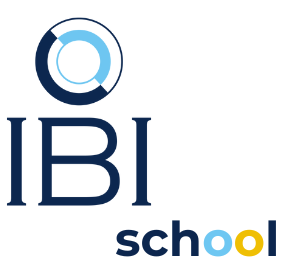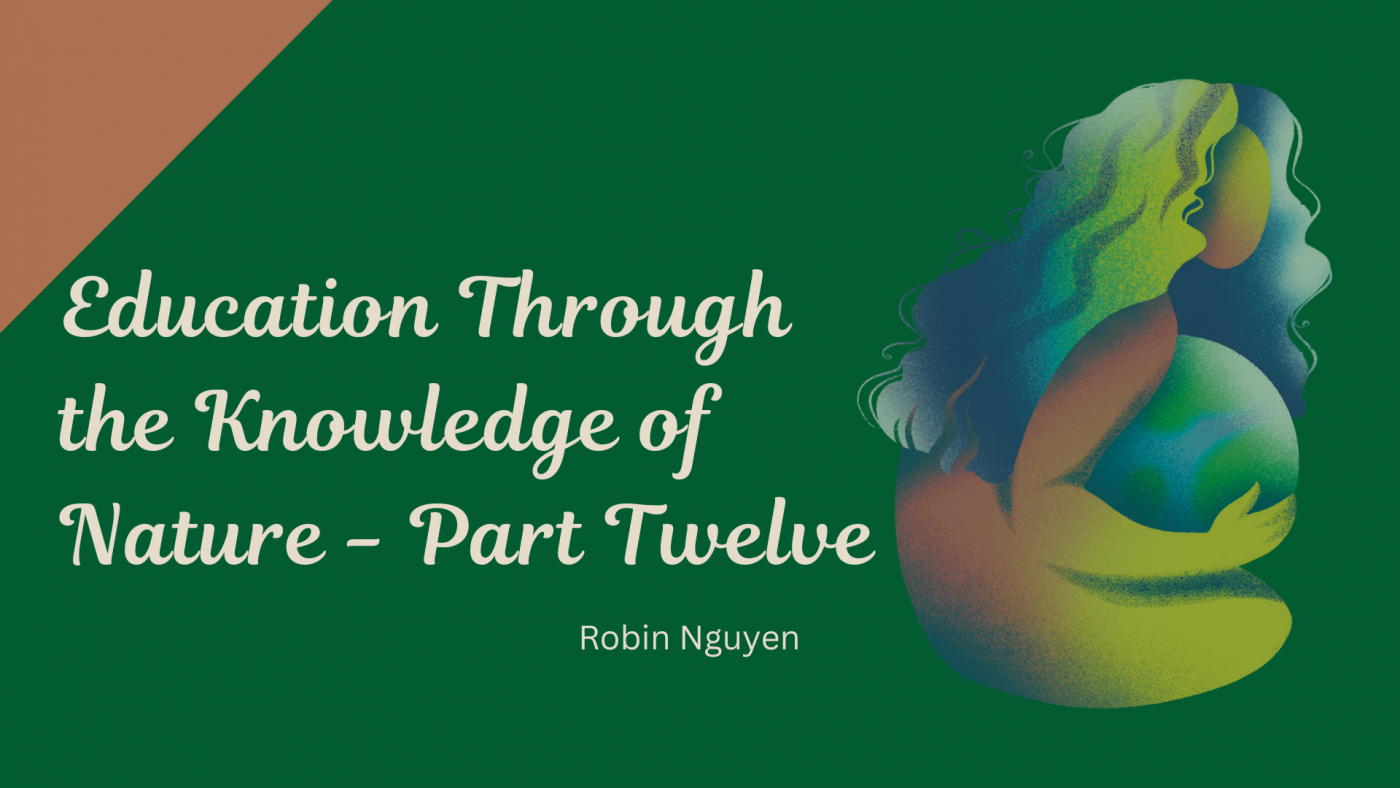“One of the biggest issues today is our disconnect from nature—a trend that alarmingly extends even to younger generations.” Robin Nguyen
Part 12: Is AI Controlling Our Children?
My family was in my uncle and aunt-in-law’s car as they drove us to their home in Melbourne. We talked about the new Australian law banning social networks for anyone under 16. My aunt then shared a tragic true story about a boy who fell in love with an “AI girl” and ultimately took his own life.
I turned to my daughter and asked how her classmates use AI on school projects. She said that, in the past, no one relied on AI—but today everyone uses ChatGPT to draft content. Thankfully, because their assignments are project-based, students still have to demonstrate and explain what they’ve built. When I asked how she personally uses AI, she admitted, “I ask it for ideas, but I rewrite most of the wording myself—I just don’t like the way AI phrases things.”
I sighed in relief, yet a knot of worry stayed in my stomach. How many children really know how to manage AI responsibly—5 percent? 1 percent? People say AI can be a powerful tool if you steer it correctly, but how many of us have that skill, especially our kids? I can’t help but wonder: will this dependence on AI kill their creativity and turn us all into robot-like humans in the future?
Creativity springs from human connection and authentic experience. The deeper we become entangled in technology, the greater the risk to our humanity. As technological innovation thrives, we’re seeing more childhood autism diagnoses, rising rates of adult depression, and a sharp increase in divorces.
Social networks once embodied the pinnacle of innovation, yet we now restrict them for young people. Could AI face the same fate in the near future?
Author: Robin Nguyen


